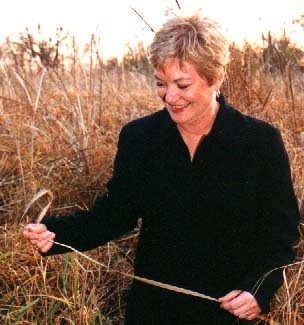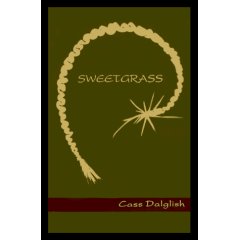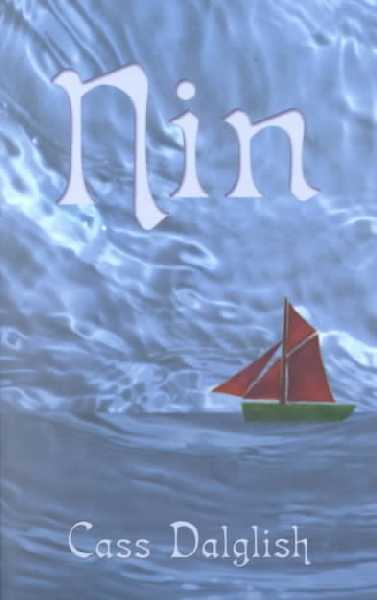What Light: This Week’s Poem: Cass Dalglish
Mark your calendars for Sunday, November 18: Magers &Quinn is hosting a readng for all of this round's winning poets. Also, we're gearing up for a new competition cycle, so get your poetry submissions together.



Or Was It José Martí?
When Fidel Castro appears like that you think it has to be a dream.
What’s he doing there with a bunch of American students in a ski resort,
in the summer?
You meet him in the dining room –
where the tables are covered with old winter clothes, not food –
and you lean in, your elbows pressing on a woolen undershirt.
Fidel, you say, what do you think of the guys running Cuba?
And Fidel shakes his head and calls somebody an hijo,
so you say, Who?
and Fidel says, El imbécil.
And then it’s late at night and Fidel invites you to his room
to see some Cuban artifacts
and you go, and he says, sit down on the bed,
so you do, and he starts to recite a poem
and it’s a long poem and the next thing you know you wake up
naked, on top of the covers,
and Fidel is naked too and he wants to make love.
And you say, No,
and he keeps reciting his poem,
and you say, Fidel, I thought Batista castrated you.
And he says, No.
And the poem is coming off his voice soft, like Elvis
singing “Love Me Tender,”
sincere as snow melting into an arroyo on the hill,
and it’s five-hour poem,
so it takes a while before you get to the bottom line,
before you realize Fidel’s a different man
when he’s reciting poetry.
Poetics
I woke up one night to a moaning, howling sound that seemed to move back and forth behind my house on the eroding edges of the Colombian hills: the air was heavy with the strong smell of death, and my neighbors said it was La Llorona, wandering through the night. This chance to hear and smell mythology has driven me to seek the company of spirits, and I have become fascinated, along the way, with the fluidity of imagery in ancient language. I write both poetry and fiction. My favorite writing work: riffing the numinous.
Biography
Cass Dalglish is a former journalist who has studied Sumerian and Akkadian cuneiform in her search for the earliest of women’s writing. Her investigations have led her to write and lecture on similarities between ancient cuneiform text and hypertext. Her kinetic interpretation of Enheduanna’s Nin-Me-Sar-Ra, “Mesopotamian Blues,” was included in mnartists.org’s Five Minutes of Fame. Her first novel, Sweetgrass, was nominated for a Minnesota Book Award. Her second novel, Nin, was published by Spinsters Ink in 2000. Dalglish holds a doctorate in creative writing from the Union Institute and an MFA from Vermont College. She lives in Minneapolis, where she is associate professor of English and chair of Women’s Studies at Augsburg College.
